I recently read two famous books, both of which are deprived of that ease and simplicity that the Shari’ah intends for us.
The first is Ihyaa ‘ al- ‘Uloom ad-Deen by Ghazali. He gathered in it a number of Ahaadeeth (Hadiths), many of which are either weak or fabricated. He built upon them rules and principles that he thought were the greatest means of bringing a slave closer to his Lord.
Comparing this book to Bukhari and Muslim, I noticed a clear difference:the former consists of exaggeration, harshness, and affectation while the latter two books consist of ease and moderation, perhaps because they only relate for us the authentic Sunnah. By comparing these books, I found a deeper meaning of the following verse:
“And We shall make easy for you [O ‘ Muhammad] the easy way [i.e. the doing of righteous deeds].”
(Qur’an 87:8)
The second book is Qoot al-Quloob, written by Abu Taalib al-Makkee. In it, the author encourages the reader to forsake this life, to abjure work, to refrain from even lawful pleasures, and to strive towards austerity and sternness.
The two authors, Abu Hamid al-Ghazali and Abu Taalib al-Makkee, had good intentions. The problem, though, was that their knowledge of the Sunnah was confused and weak. For this reason, error crept into their way of thinking. We should learn this lesson from their mistakes:the guide must be skilled in the way; he must have an accurate map which shows the different paths that lead to one’s goal.
“On the contrary [he would say]:’Be you Rabbaaniyoon [learned men of religion who practice what they know and also preach others], because you are teaching the Book, and you are studying it.”
(Quran 3:79)



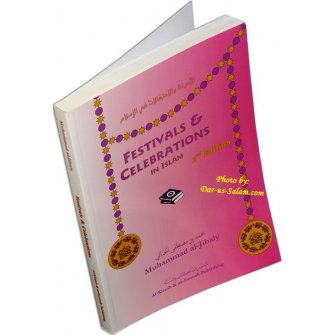
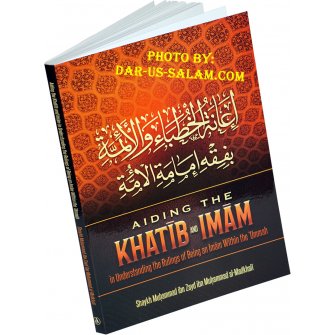
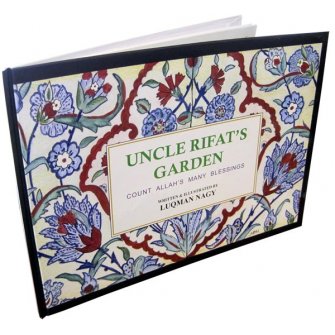
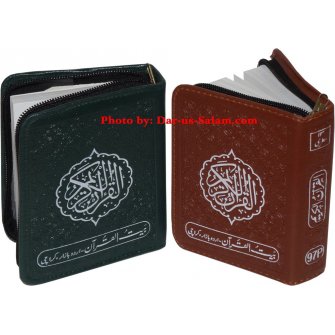
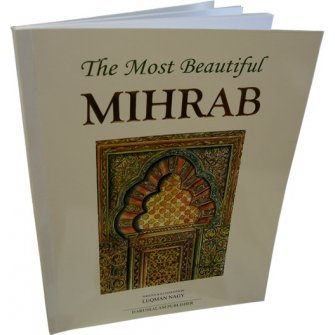
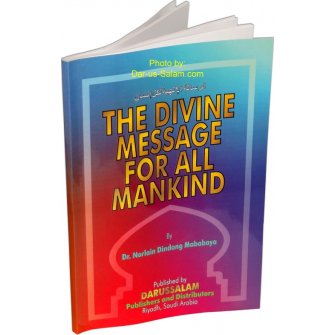



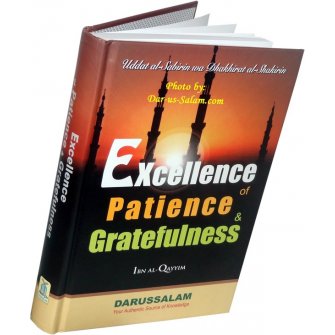
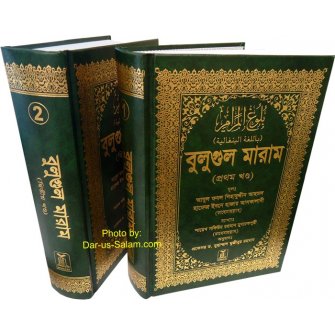
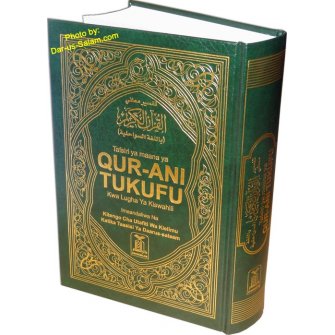

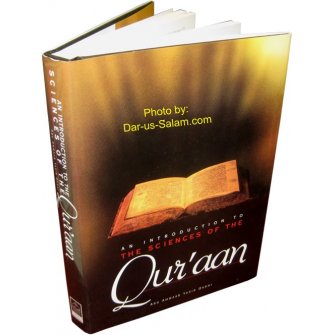
Leave a Reply